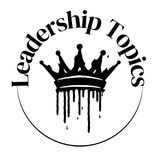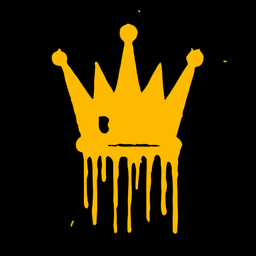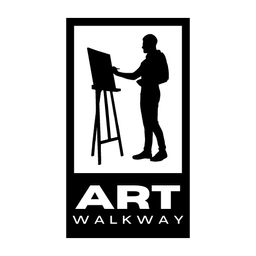How to Showcase Soft Skills on Your Resume and Stand Out
Learn how to effectively showcase leadership, teamwork, and problem-solving through experiences, certifications, and achievements that prove your value to potential employers.

In a competitive job market, standing out means more than using buzzwords like “good communicator” or “strong leader.” These terms are so overused they’ve lost their power. If you want to capture the attention of potential employers, your resume needs to show how your experiences and expertise prove your soft skills. Whether you're leading a team or managing a project, recruiters want to see concrete examples of how you’ve demonstrated these skills in action—not just read empty phrases on paper.
In fact, nearly 4 out of 10 employers (39%) actively check resumes to see if a candidate’s soft skills hold up. So, how do you effectively showcase these abilities in a way that sets you apart from the rest? Below are four practical strategies to make your soft skills shine without sounding generic or clichéd.
Turn Your Bullet Points Into Stories
Think about it—no one’s going to get excited over a resume that just lists tasks. Your resume is your chance to tell the story of how you applied your skills and made an impact. Recruiters don’t have time to read long narratives, so concise, bullet-pointed highlights are the easiest way for them to quickly grasp your capabilities. But instead of writing out generic tasks, focus on showcasing specific experiences where your soft skills came into play.
Instead of just saying, "I’m a great leader," turn that into a story: “Led a team of 10 in executing a marketing campaign, increasing engagement by 20% in three months.” See the difference? Action verbs, clear results, and a sense of impact all help paint a vivid picture of your contributions. Think of each bullet point as a mini-story—what was the challenge, how did you apply your skills, and what was the outcome? This kind of storytelling makes your resume far more engaging and memorable.
Let Your Certifications and Training Do the Talking
Have you ever taken a course on leadership or communication and thought, “I should totally brag about this”? Well, you should! Certifications and training don’t just validate your technical qualifications; they also highlight your commitment to developing soft skills. By listing these achievements on your resume, you show potential employers that you’re not just claiming to be a strong leader or communicator—you’ve actively invested in becoming one.
And if traditional degree programs seem too lengthy or expensive, consider micro-credentials. Platforms like LinkedIn Learning and Coursera offer short, focused courses that provide digital badges or certificates you can display on your resume. For example, instead of writing “excellent communicator,” you could say: “Earned a Certificate in Effective Team Leadership from Coursera, demonstrating proven ability to lead teams and drive collaboration.” It not only sounds more legitimate but also proves you're serious about honing your skills.


Flex Your Awards and Achievements
Awards are more than just recognition; they’re proof that others have seen and appreciated your skills in action. Whether you’ve been named "Top Performer" in your department or received a company award for "Excellence in Leadership," these accolades add substantial weight to your resume.
When your achievements align with the role you're applying for, they make your resume pop. Instead of simply stating that you're a "strong communicator," you could write: “Awarded ‘Best Presenter’ at the company’s leadership summit, recognized for delivering engaging presentations to 200+ employees.” That’s not just saying you're good at public speaking—it's showing that you've been recognized for it. This kind of proof goes a long way in convincing employers that you're the real deal.
Let Your Resume Design Speak for You
Your resume’s layout and design can communicate soft skills without you even having to write them down. A well-organized, easy-to-read CV reflects attention to detail, professionalism, and strong communication skills. How you present yourself on paper—concise, clean, and clear—can say more than buzzwords ever will.
If your work involves creative problem-solving, analytical thinking, or design, consider including a portfolio link. For example, graphic designers can link to an online portfolio, giving potential employers an immediate visual demonstration of their skills. Writers or content creators can include samples of their work, showing their ability to craft compelling narratives or reports. Instead of just listing these skills, you’re giving employers a chance to see them in action. It’s like saying, “Here’s the proof—take a look.” When you show rather than tell, your application becomes far more convincing.
The Bottom Line: Show, Don’t Tell
Think of your resume as more than just a checklist of traits. It’s your personal highlight reel, showing how your soft skills have driven real results. Let your experiences, training, and accomplishments do the heavy lifting. By focusing on storytelling, certifications, awards, and clean design, you can create a resume that gives employers something they can picture—and more importantly, something they want to hire.
In a job market where soft skills can make or break an application, it's essential to move beyond overused phrases and give recruiters a reason to say, “We need this person on our team.” So, go ahead—let your resume do the talking, and show them why you’re the right fit for the job.
Leadership Topics
ART Walkway Highlights
For the latest trends in the art world, visit our sister magazine for in-depth features and exclusive insights:









